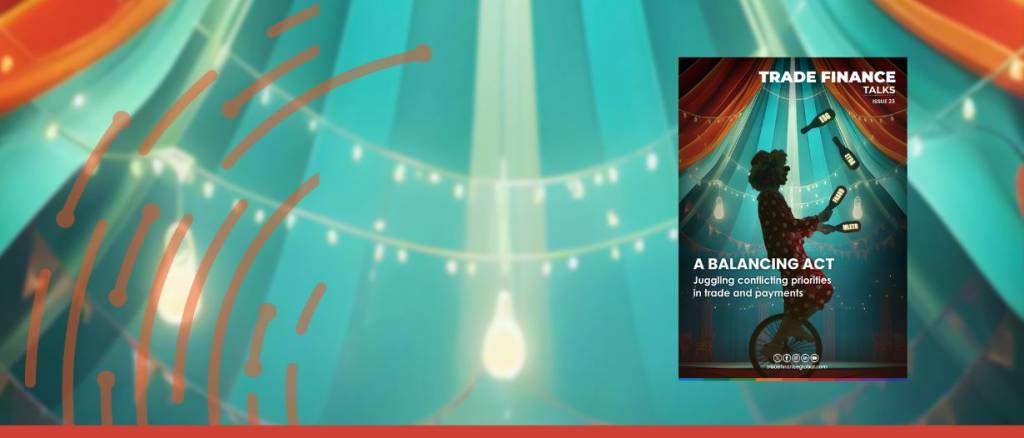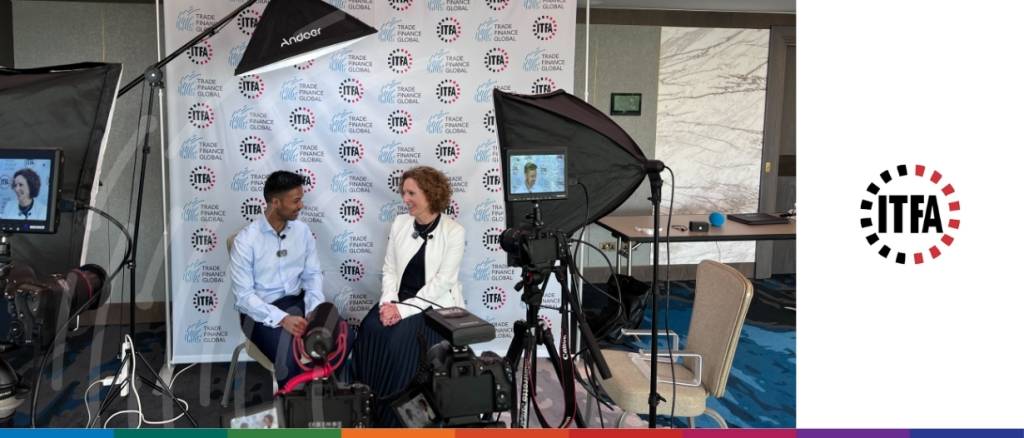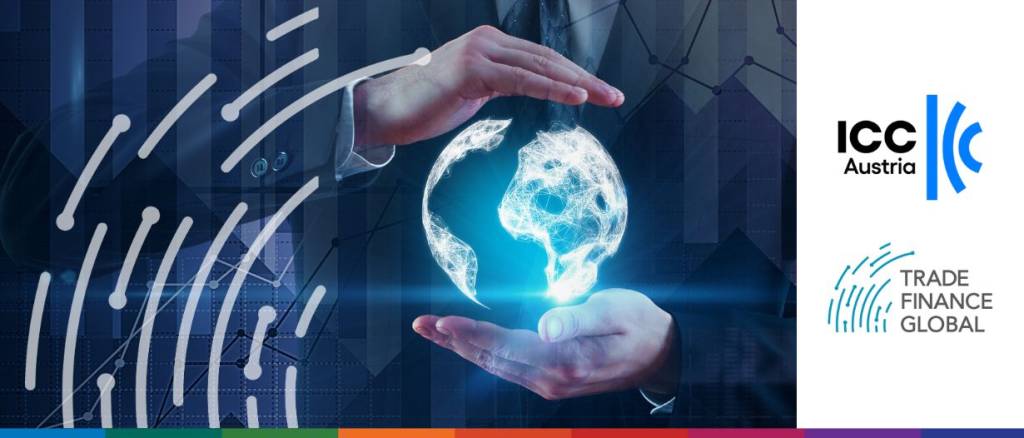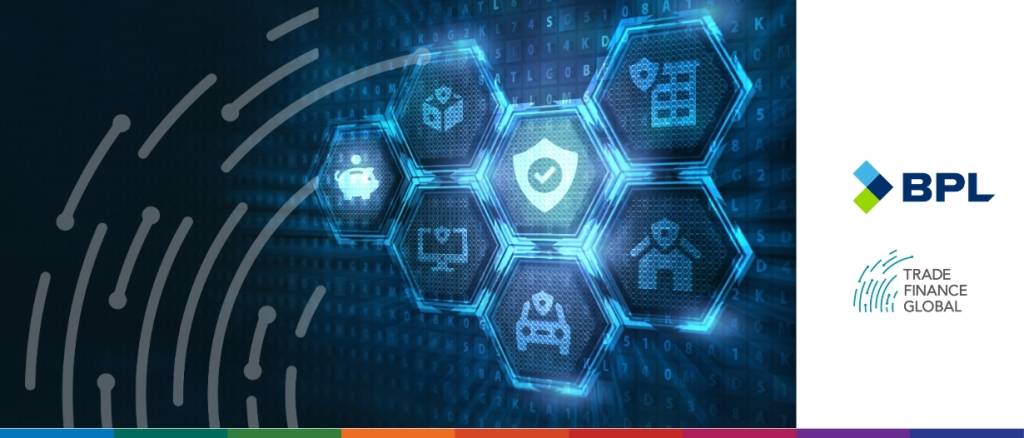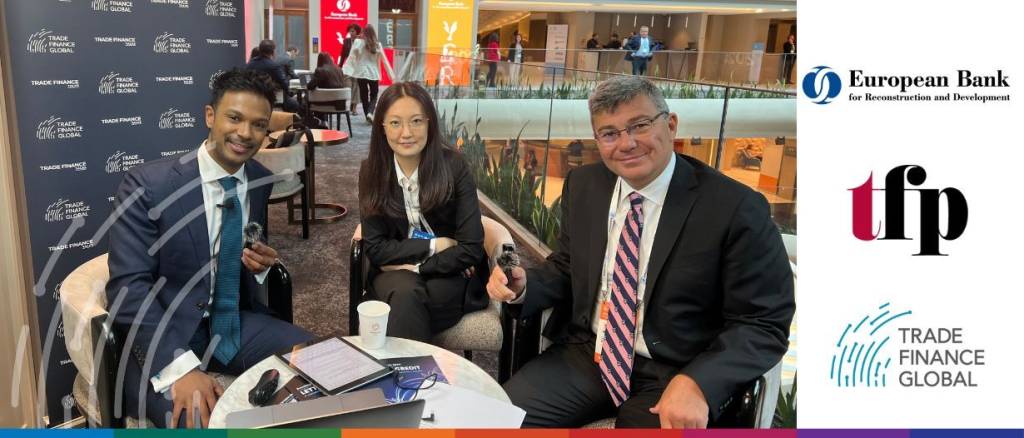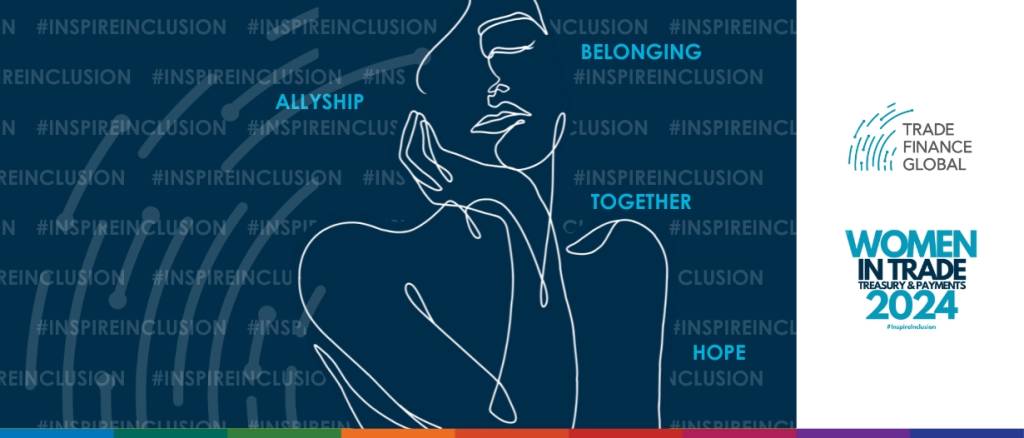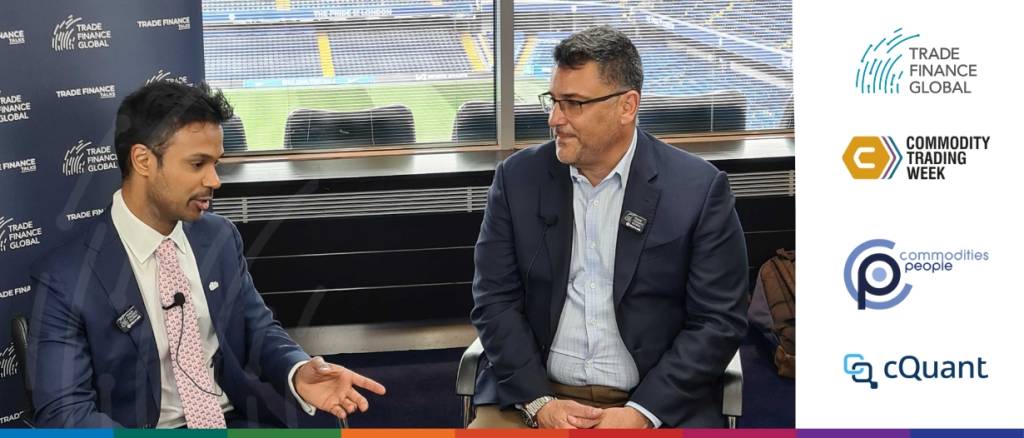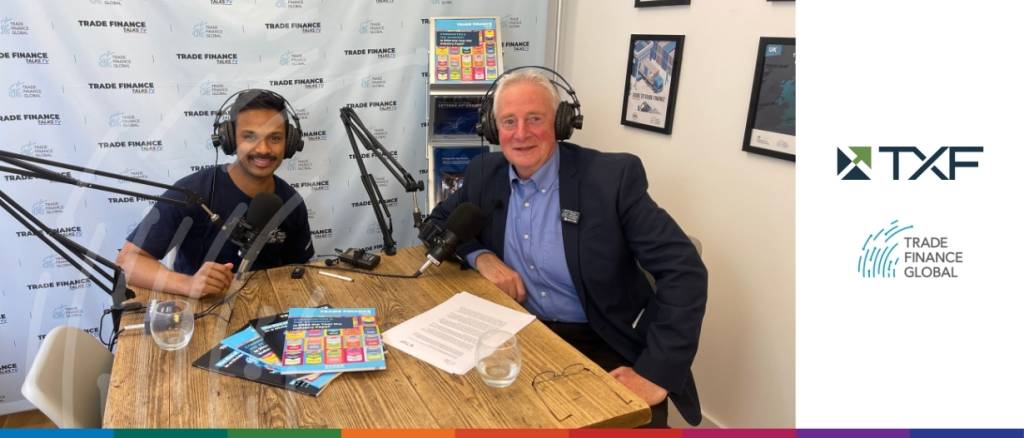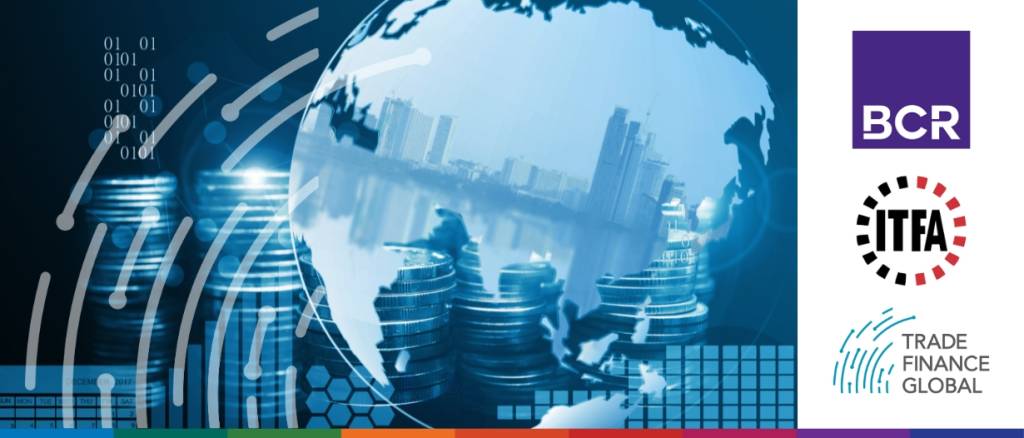It’s hard to ignore the continued growth and influence coming out of Asia for trade. Asia’s trade growth continues to surge, with the Asian Development Bank (ADB) forecasting 5% growth in 2024, driven by strong domestic demand and recovering exports. Regional integration and modern trade agreements are enhancing resilience in key sectors like food and technology. Asia also benefits from rising demand for tech exports, particularly semiconductors, driven by AI. However, risks such as geopolitical tensions and protectionism remain.
To learn more about reverse mentoring and other approaches to closing the gender gap in trade finance, Trade Finance Global (TFG) spoke with Rita King, Managing Director and Head of Institutional Trade Sales at Lloyds Bank.
In a time when global geopolitical and macroeconomic relationships are becoming increasingly strained, the international trade community needs to find ways to collaborate and share best practices.
To discuss the growing prominence of CPRI, Harry McIndoe and Sean Austin, Directors at BPL, joined Brian Canup in Trade Finance Talks to break down the market and discuss its utilisation by development finance institutions (DFIs) and multilateral development banks (MDBs).
Trade Finance Global spoke with Çağatay Baydar, Chairman at FCI and Irina Tyan, Principal Banker, TFP at the EBRD about factoring and SCF.
As we celebrate International Women’s Day and the numerous achievements of women in trade finance all year, beyond 8 March, we must also look forward to the future.
Discover the ICC DSI’s initiative to facilitate digital trade with the release of their Key Trade Documents and Data Elements (KTDDE) report.
In light of the current global energy crisis characterised by rising fuel prices and geopolitical tensions, support for the energy sector – especially in the clean energy space – is critical.
TFG’s Deepesh Patel & TXF’s Jonathan Bell discuss the past decade of commodity finance, the next 10 years, and TXF’s conference in Amsterdam.
Do trade finance assets really have a place in investment portfolios? What role do regulations and rating agencies play in helping to safeguard and standardise this emerging area?















